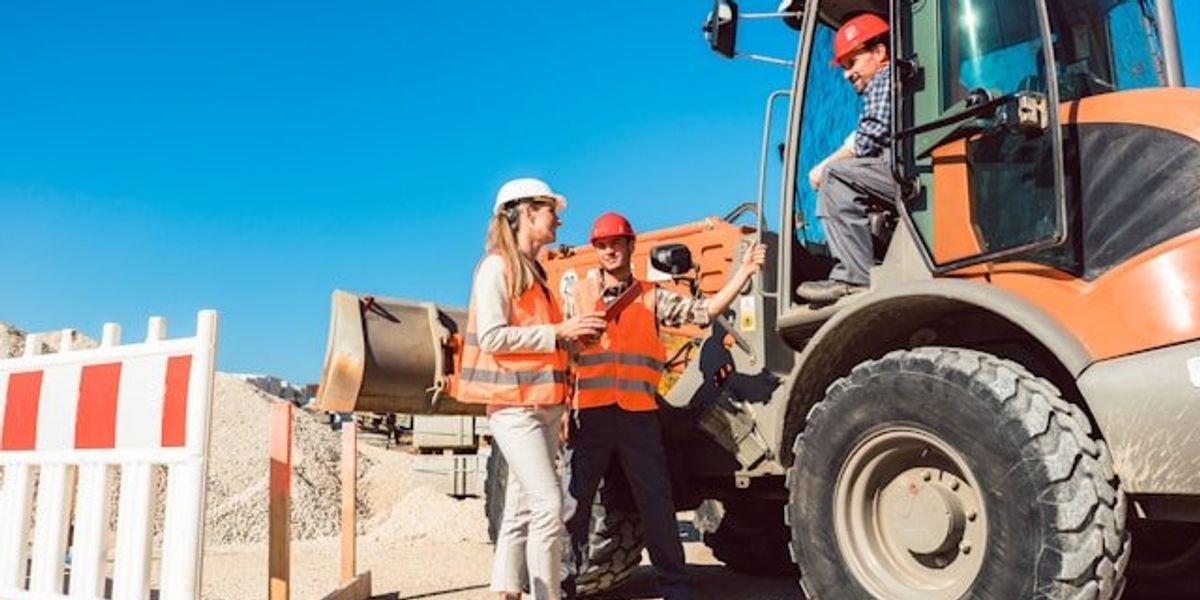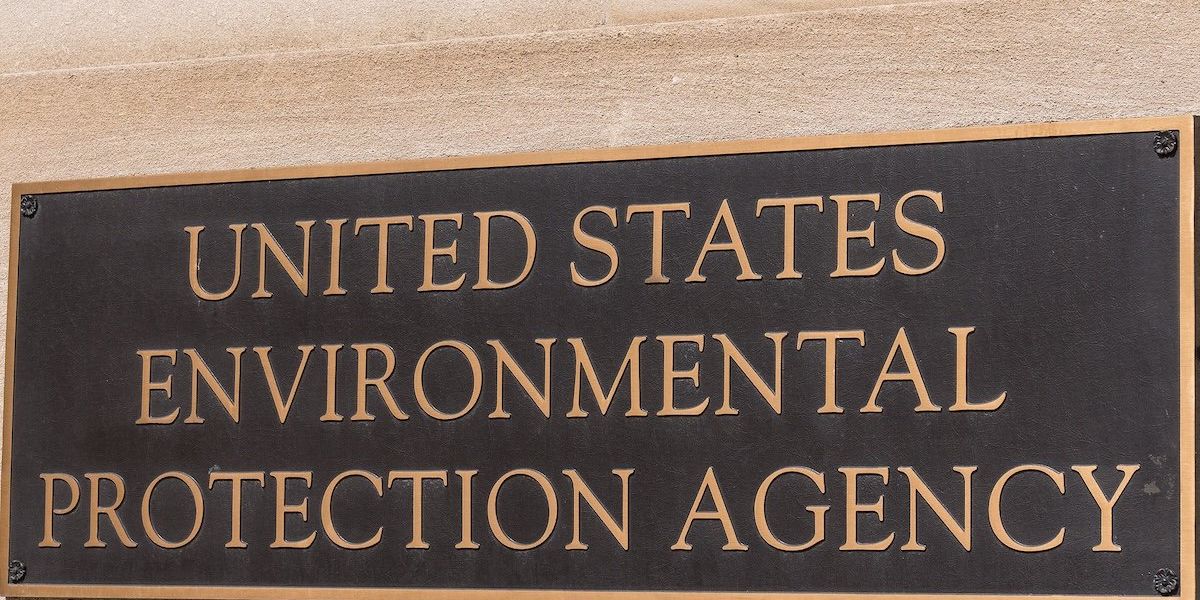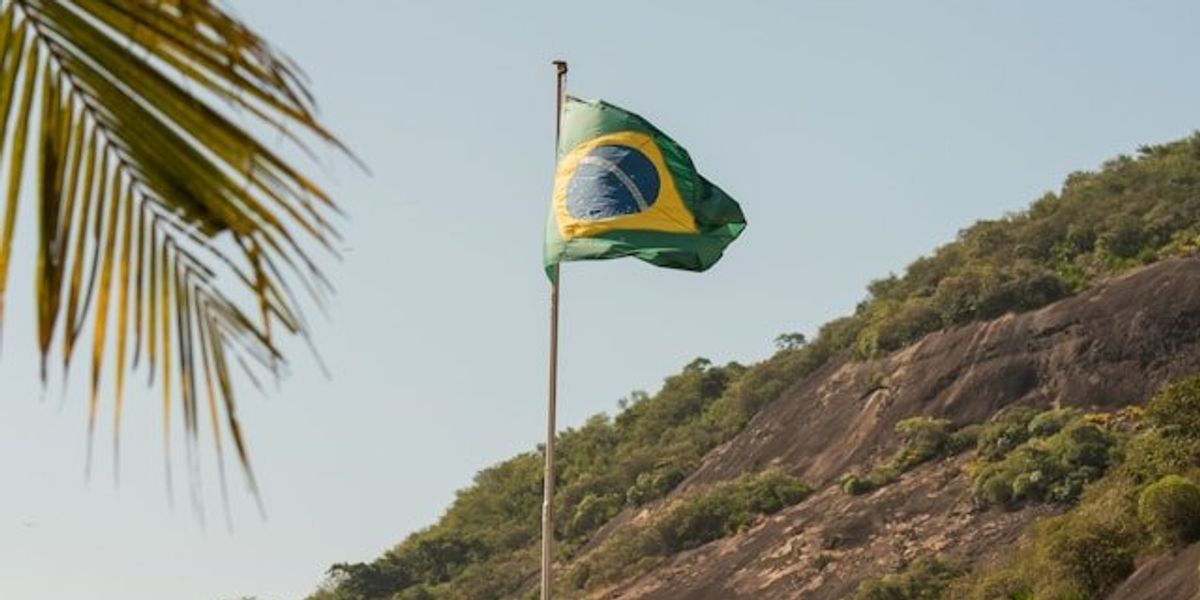eos.org
The science we need to assess marine carbon dioxide removal
As companies begin selling credits for marine carbon dioxide removal in largely unregulated marketplaces, scientists must develop standards for assessing the effectiveness of removal methods.
Newsletter
Food production could add 1°C of global warming by 2100
A new study teases apart greenhouse gas emissions from agriculture, showing how the food we eat heats up the world.
Newsletter
Photo by Nathan Anderson on Unsplash
Ten rivers facing pollution, development, and climate change—and policies that can help
An annual report highlights 10 waterways that have arrived at forks: where public support could determine whether they receive protection.
Photo by Tatiana Rodriguez on Unsplash
Envisioning a near-surface geophysics center for convergent science
Earth’s near-surface environment, which extends from the ground surface to a depth of several kilometers, is but a small fraction of the planet. Yet its importance cannot be overstated for all of us who call it home.
Photo by Nathan Anderson on Unsplash
A turning point for estuaries worldwide
As estuarine barriers are built in response to sea level rise, flooding, and salinization, more research is needed to better understand their implications for human activities and ecosystems.
Refugees are replanting trees in Northern Uganda
In the Palorinya Refugee Settlement, efforts to reduce deforestation and increase tree coverage help the ecosystem and improve refugees’ quality of life.
Newsletter
Extreme wildfires make their own weather
Smoke from particularly large blazes can change local weather, making fires even worse. This could be bad news for fire-prone regions experiencing more frequent fires due to climate change.
ORIGINAL REPORTING
MOST POPULAR
CLIMATE



















